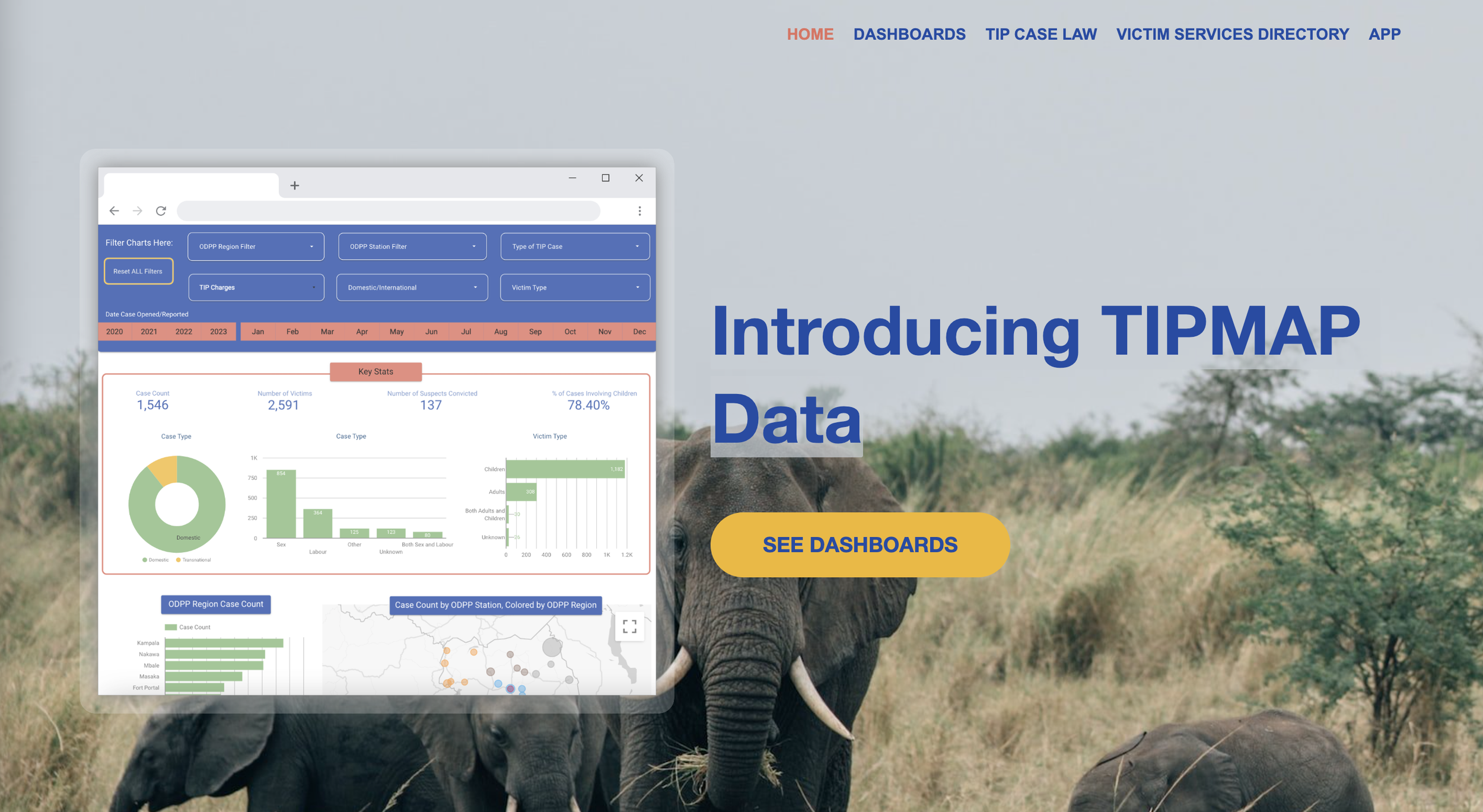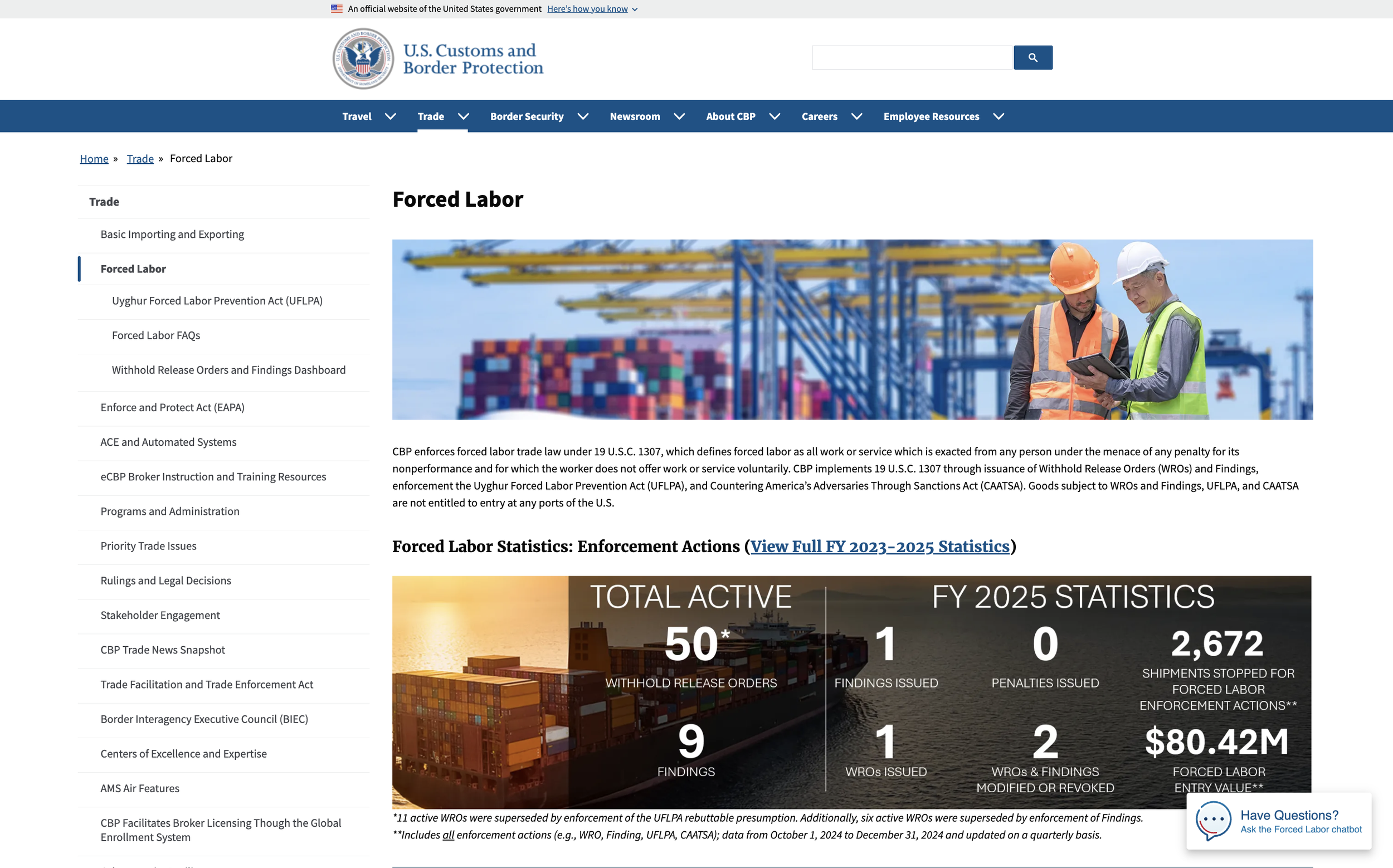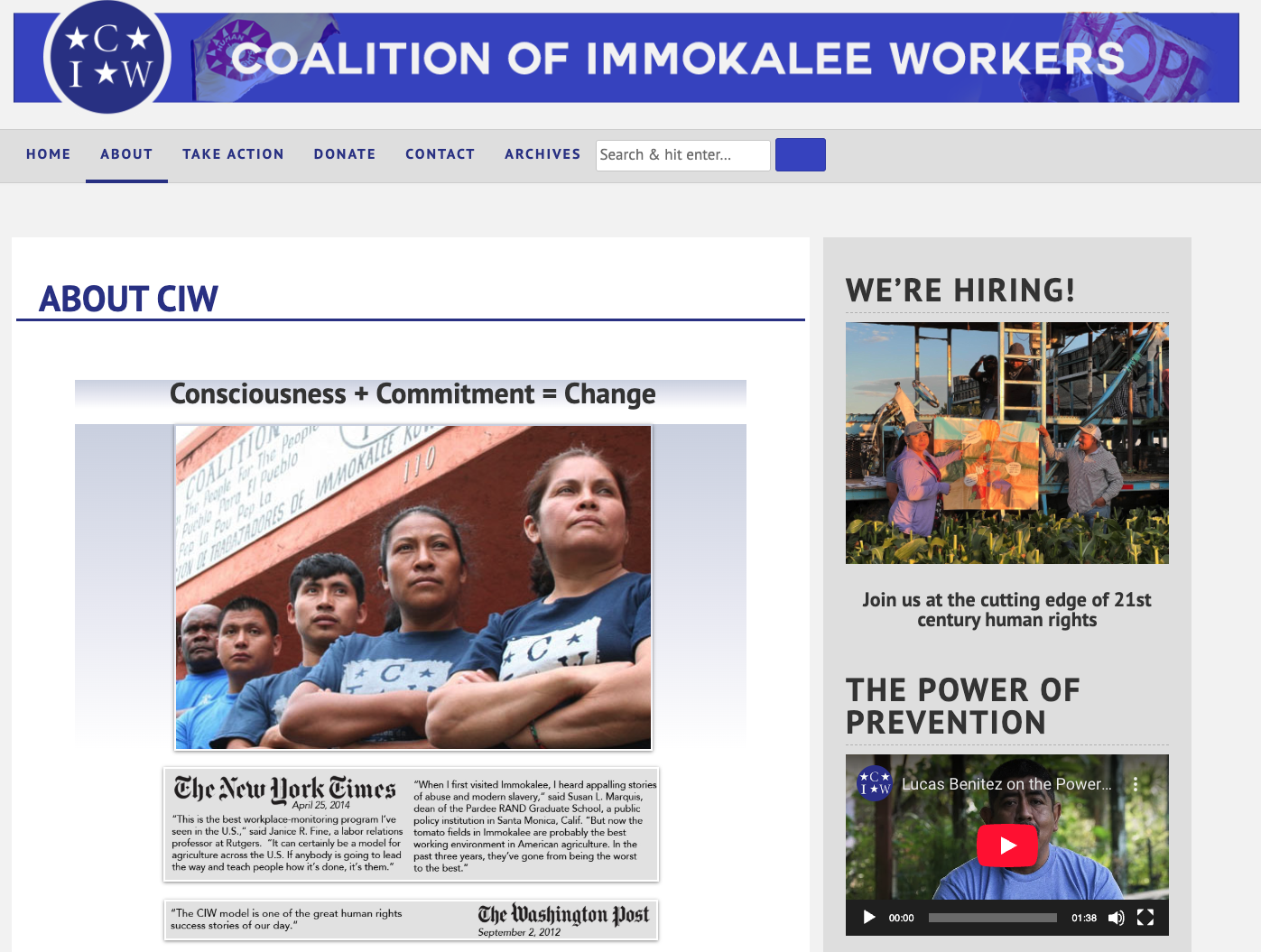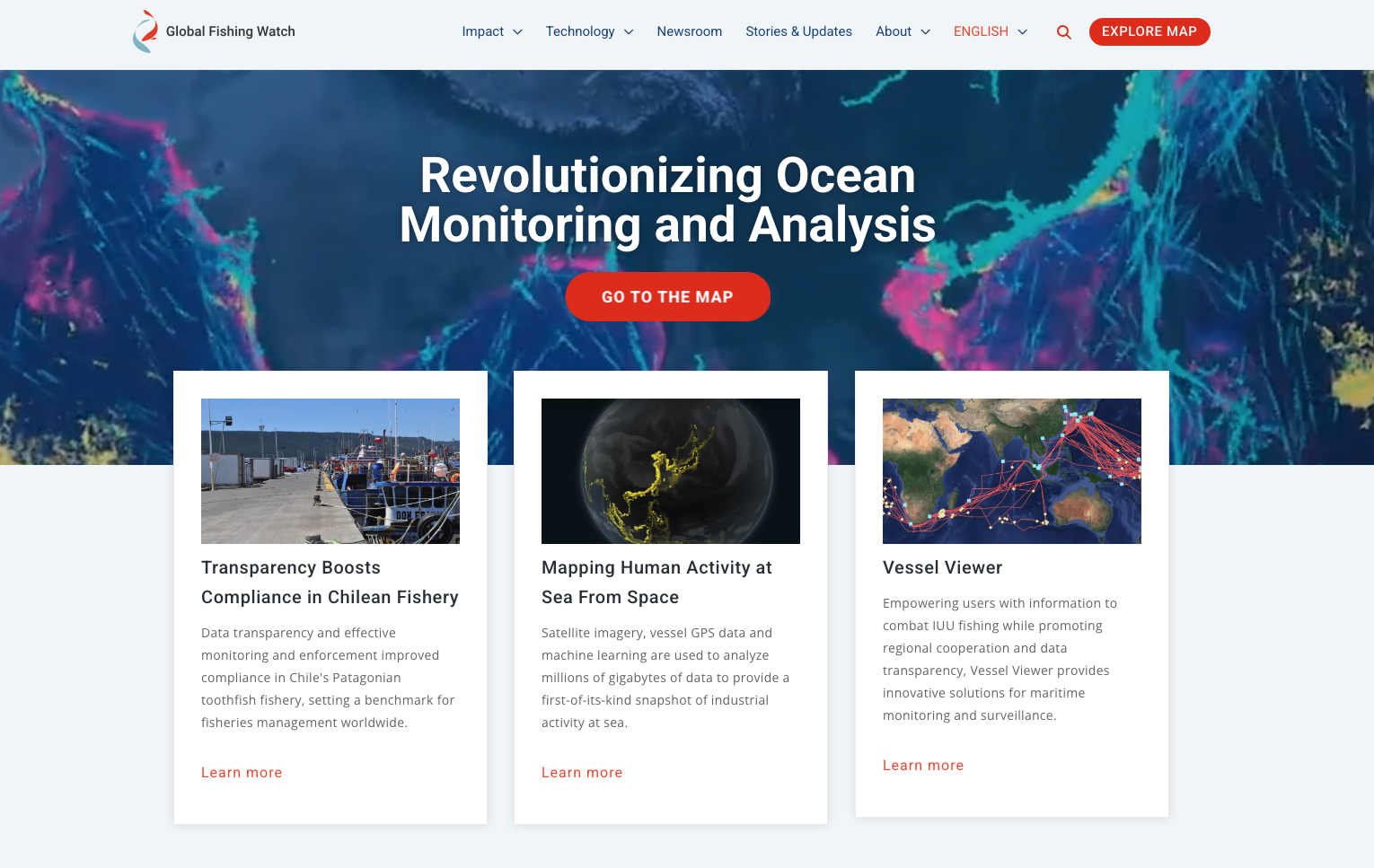Policy, Practice & Impact Studies
Successfully increasing expenditure will raise questions as to the purposes and aims of the expenditure.
Praeveni will undertake to develop a crucially needed resource of policy, practice and impact studies that will be made available to policy makers, legislators and policy advisors.
The focus of our studies and research would include, but not be limited to, such domains of policy and practice as:
Impact of each of G20 governments’ policy approaches;
Criminal and regulatory justice and accountability mechanisms and measures;
Use of trade policy and customs as means of impact on global supply chains;
Governance, disclosure and integrating reporting standards;
Use of national referral mechanisms;
Effectiveness of sustainability-related investment;
Global supply chain governance and accountability;
Data and information gathering mechanisms;
Approaches to capacity building and support to civil society;
Industry-specific prevention policies and strategies;
Prevention through disruption of illicit financial flows;
Prevention through reducing precarity, such as improving remittance systems; and
Use of technology as means of prevention and intervention.
Please contact us if you have any worthy examples of prevention policies and practices that should be examined as briefing papers and case studies.
EXAMPLES OF SUCCESSFUL POLICIES AND PRACTICES
TIPMAP™ is Uganda’s first database for collecting and sharing data specifically from human trafficking investigations and prosecutions. It provides up-to-date and consistent information on investigations and prosecutions occurring in all nineteen ODPP regions throughout Uganda. This was created by the Human Trafficking Institute and designed and developed by Xinyi Duan, (a Praeveni board member). It was supported the U.S. Department of State and the Ugandan Office of the Director of Public Prosecution.
The MAST Human Intelligence App adopts a worker-centric approach that empowers workers and targets criminals. It utilizes data collection and predictive behavior modeling to provide real-time assistance to individuals in need. The app has numerous features, such as location tracking, emergency alerts, criminal reporting, worker education, and crowdsourcing communication. The MAST Human Intelligence App is available in English, Thai, Khmer, and Burmese languages, which can cater to the diverse linguistic backgrounds of the workers. The app is also encrypted and secure, which can protect the privacy and safety of the users. Thanks to the generous support from Edge Case Capital Partners and the App Company, and the integrated collaboration of the Department of Special Investigation (DSI) and the Ministry of Labor of Thailand, as well as the DSI's People Networks for Crime Prevention in Thailand and aboard.
U.S. Customs and Border Protection enforces forced labor trade law under 19 U.S.C. 1307, which defines forced labor as all work or service which is exacted from any person under the menace of any penalty for its nonperformance and for which the worker does not offer work or service voluntarily. CBP implements 19 U.S.C. 1307 through the issuance of Withhold Release Orders (WROs) and Findings, enforcement of the Uyghur Forced Labor Prevention Act (UFLPA), and the Countering America’s Adversaries Through Sanctions Act (CAATSA). Goods subject to WROs and Findings, UFLPA, and CAATSA are not entitled to entry at any ports of the U.S.
CBP’s website contains details of the import bans.
Ana Hinojosa (a Praeveni board member) was previously the Executive Director of U.S. CBP leading this work.
The Coalition of Immokalee Workers (CIW) is a worker-based human rights organization internationally recognized for its achievements in the fields of social responsibility, human trafficking, and gender-based violence at work. Built on a foundation of farmworker community organizing starting in 1993 and reinforced with the creation of a national consumer network since 2000, CIW’s work has steadily grown over more than twenty years to encompass three broad and overlapping spheres. In 2011, CIW launched the Fair Food Program (FFP), a groundbreaking model for Worker-driven Social Responsibility (WSR) based on a unique partnership among farmworkers, Florida tomato growers, and participating retail buyers, including Subway, Whole Foods, and Walmart. In 2015, the Program expanded into tomatoes in Georgia, South Carolina, North Carolina, Maryland, Virginia and New Jersey, as well as Florida strawberries and peppers.
CIW’s Anti-Slavery Campaign has uncovered, investigated, and assisted in the prosecution of numerous multi-state farm slavery operations across the Southeastern U.S., helping liberate over 1,200 workers held against their will since the early 1990s. CIW also pioneered the worker-centered approach to slavery prosecution, played a key role in the passage of the 2000 Trafficking Victims Protection Act, and co-founded the national Freedom Network USA and the Freedom Network Training Institute, which is regularly attended by local, state and federal law enforcement officials.
Global Fishing Watch seeks to advance ocean governance through increased transparency of human activity at sea. By creating and publicly sharing map visualizations, data and analysis tools, they enable scientific research and drive a transformation in how humanity manages the ocean.
GFW generates new knowledge by using cutting-edge technology to turn big data into actionable information. They share that information publicly, and for free, to accelerate science and drive fairer, smarter policies and practices that reward good behavior and protect biodiversity, fisheries and livelihoods. By 2030, they aim to monitor and visualize the impact of ocean-going vessels, both industrial and small-scale, that are responsible for the vast majority of the global seafood catch.




